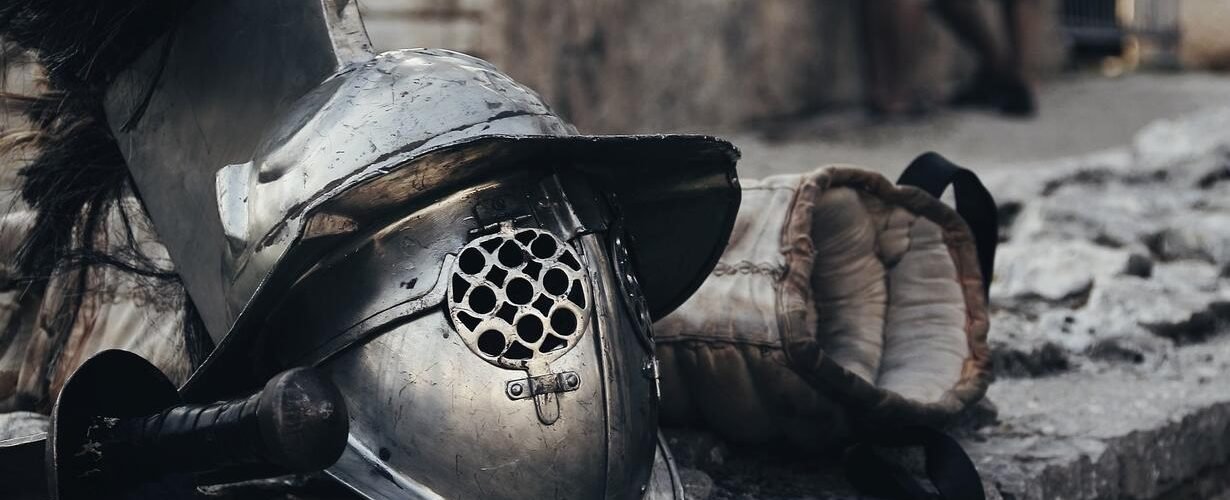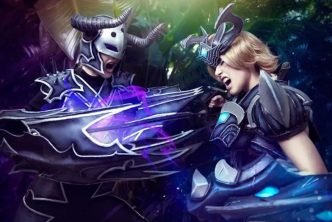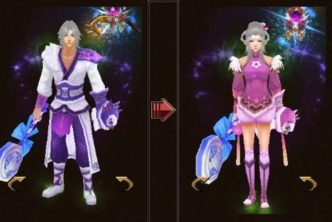Imagine stepping into a world where every corner oozes with history and life, where the very landscapes breathe tales of ancient times. This is the magic that “God of War” weaves—a game that goes beyond entertainment and crafts an immersive world that lingers in your thoughts long after the controller is set aside. It’s not just a game; it’s an artistic masterpiece, and here’s why.
Table of Contents
A World with Stories Etched in Stone
Think of the most enchanting book you’ve ever read, where the pages aren’t just words but windows into a rich, vibrant universe. “God of War” is that book, only in digital form. The moment you set foot in Midgard, you’re transported to a realm that feels as ancient as the Earth itself. Towering mountains, their peaks lost in the clouds, and mystical forests where the trees whisper secrets—all painted with exquisite detail. It’s a world that breathes with its own history, where even the ruins of a forgotten civilization have a tale to tell.
Diving into Norse Culture
Imagine strolling through a bustling marketplace in a foreign land, where every face tells a different story and every conversation opens a door to a new culture. “God of War” immerses you in the heart of Norse mythology, making you feel like an explorer discovering hidden treasures. From the mighty Odin to the thunderous Thor, the game introduces you to a pantheon of Norse gods and creatures. You’re not just playing; you’re living within the rich tapestry of Norse myth, where every character is a piece of history.
Heartfelt Connections
Remember the most memorable friendships in your life—how they evolved, how they stood the test of time. “God of War” isn’t just about defeating foes; it’s about the profound bond between a father, Kratos, and his son, Atreus. Their journey is a rollercoaster of emotions, mirroring real-life relationships. You witness their growth, their conflicts, and their moments of reconciliation. It’s like watching a beloved movie where you’re emotionally invested in the characters’ fates.
Mythology in Action
Think of “God of War” as a treasure hunt through a mythological jungle, where every puzzle, every battle, and every secret is a piece of the narrative puzzle. Norse mythology isn’t merely a backdrop; it’s the lifeblood of the game. You won’t just read about it; you’ll live it. The game’s mechanics are a dance with mythology, engaging you in a way that no passive experience ever could.
In “God of War,” Kratos ditches his iconic Blades of Chaos, which were known for their deadly spinning attacks, and instead wields the Leviathan Axe—a frost-infused weapon that can be thrown and summoned back to his hand. This transition not only represents a major shift in gameplay but also symbolizes Kratos’ personal transformation as he leaves his past behind to embark on a new journey
Building Worlds to Tell Stories
Now, consider world-building as an artist’s canvas. In “God of War,” the world isn’t just a pretty picture; it’s a storytelling tool. It reflects Kratos’ journey from a god consumed by anger to a father on a path of redemption. The world breathes life into his story, with every creature, every mountain, and every whispering forest echoing his transformation.
In a world where games often dazzle with graphics and mechanics, “God of War” stands tall by weaving a tapestry of emotions, history, and myth. It invites you to step into a world that’s not just a digital playground but a living, breathing entity—one that you become part of. As a masterpiece of world-building, “God of War” has not only raised the bar for gaming; it has reminded us that, like a timeless novel or a cherished memory, a well-crafted world can leave an indelible mark on our souls.





